
The United Nations at 70
Nos. 1 & 2 Vol. LII 2015This special double issue of the UN Chronicle celebrates the 70th anniversary of the establishment of the United Nations under the theme “Strong UN. Better World.” A select group of eminent contributors highlight key moments and achievements, challenges and obstacles and the role played by the United Nations during the past 70 years. They also reflect upon the future and what would make the Organization stronger and better able to serve humanity.
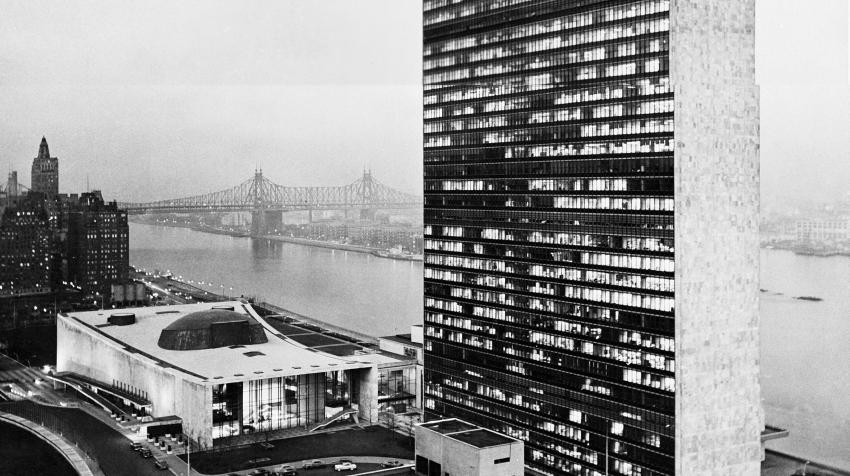
Foreword
In the spring of 2014, we started preparations for the 70th anniversary of the United Nations in 2015 and began exploring options that, in addition to being celebratory, would also contribute to substantive discussions about our Organization. Producing this special double issue of the UN Chronicle was at the top of the list of platforms for such discussions.
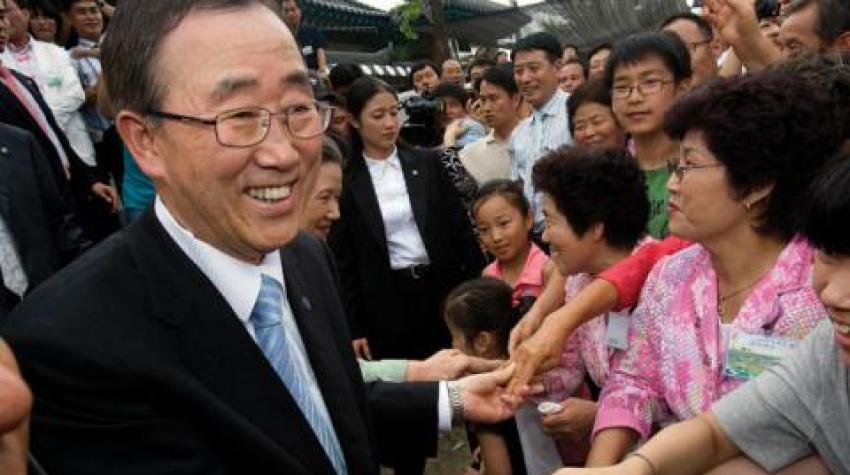
Message on the 70th Anniversary of the United Nations
On this anniversary and on every single day, we must use our power and influence to do what is right and what is necessary to uphold the Charter. While we cannot prevent earthquakes and tsunamis, we can do much to address the disasters that arise from human folly and short-sightedness. This is a time of test but far more one of tremendous opportunity. As the distinctions between the national and the international continue to fall away, we can and must use the lessons of 70 years to come together as a single human family and chart a course towards a safer and more sustainable future for all.
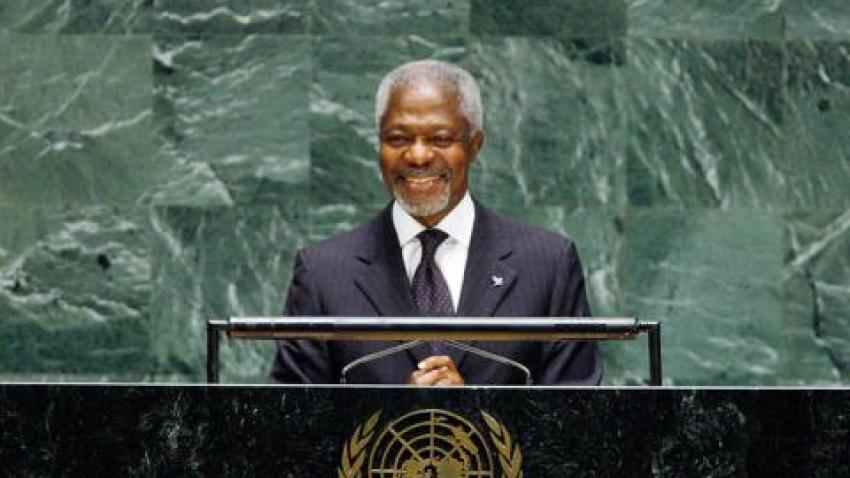
Reflections on the UN at 70
Forty years with the United Nations taught me many lessons, but one remains foremost in my mind, that healthy and sustainable societies are based on three pillars: peace and security, sustainable development, the rule of law and respect for human rights. There can be no long-term security without development; there can be no long-term development without security; and no society can long remain prosperous without the rule of law and respect for human rights.
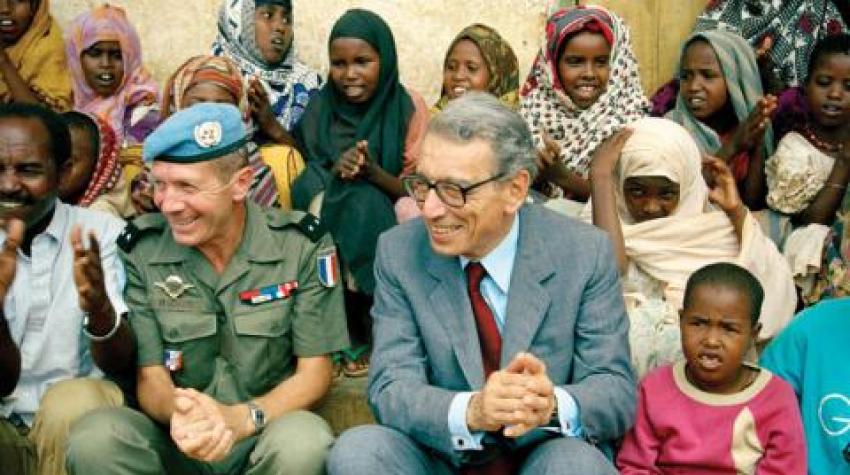
Seventy Years of the United Nations
I am confident that the United Nations, our United Nations, will continue to lead in innovation so that we reach the aim of the Charter for life in larger freedom.
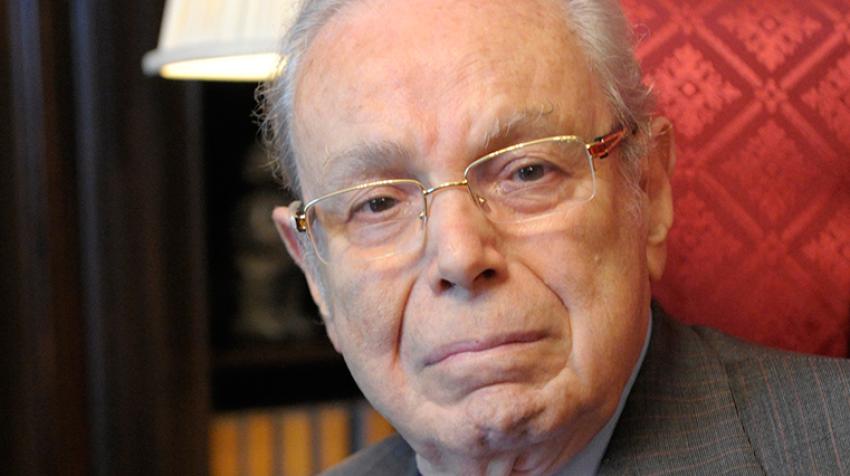
Independence and Impartiality as the Heart and Soul of the Secretary-General
When I attempt to distill my experience to its most precious essence, I come up with a single word: independence. That word encapsulates what gave me the strength and the ability to make a positive difference regarding a number of seemingly intractable issues that had bedeviled the international community, defying solution for years and years.
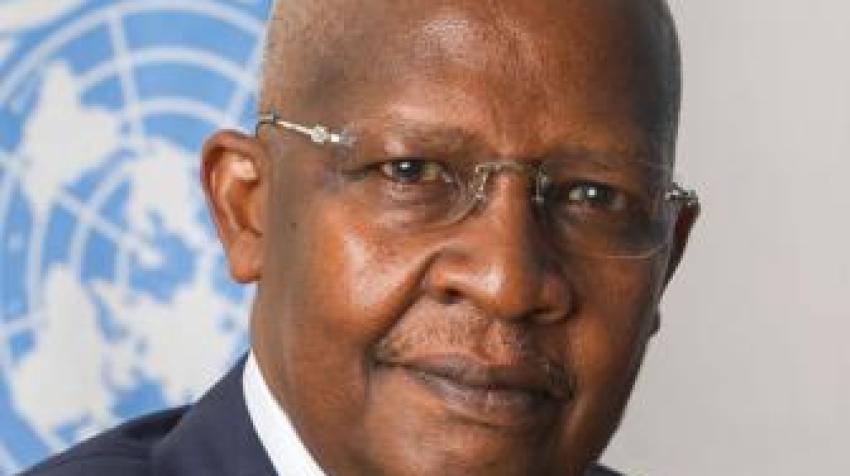
A Reflection on the Role of the United Nations in Ensuring a Secure, Prosperous and Equitable World
The work of the United Nations impacts people around the world on issues related to peace and security, development and human rights; from disarmament to efforts to combat terrorism and extremism; from conflict prevention to peacekeeping and peacebuilding; from disease prevention to the promotion of gender equality and universal education; from refugee resettlement to humanitarian assistance; from the rule of law to the fight against transnational crime. ... As we mark 70 years of existence, we have every reason to celebrate all that our community of nations has achieved. In doing so, we should also look to the future and strive to transform the United Nations to ensure that it remains effective and relevant in a dynamic and globalized new world.
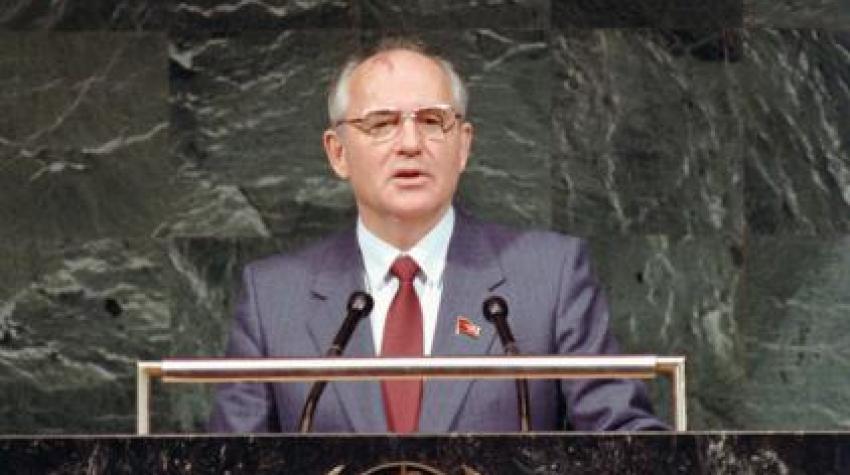
Towards a More Secure, Just and Humane Future
There is no doubt that today, much depends on leadership. If leaders acknowledge their responsibility and overcome long-standing disagreements, including subjective grievances, it will be possible to find a way out of the impasse. Thirty years ago, we managed to do so under much more difficult circumstances, when the political stand-off seemed insuperable and the stockpiles of nuclear weapons were much larger than now. Today, we must not panic, nor cave in to pessimism. Figuratively speaking, it is possible to clear the skies over the United Nations Headquarters and create conditions for the global Organization to fulfil its mission.
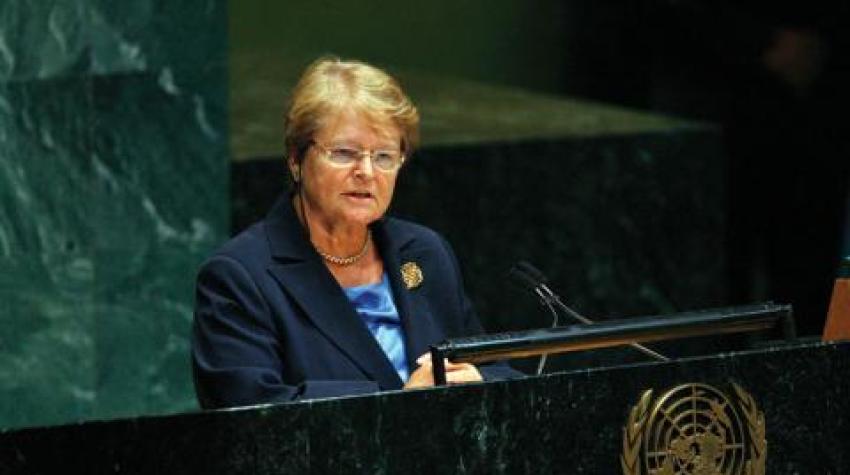
A Time for Bold Reforms
In this 70th anniversary year, the United Nations must show itself to be mature and responsible enough to make bold reforms that can secure its long-term effectiveness. It must also exhibit humility and engage with ordinary citizens in its Member States, listen to their views, recognize their respective contributions to development, and show that it is relevant to their lives, and to the lives and prospects of their children.
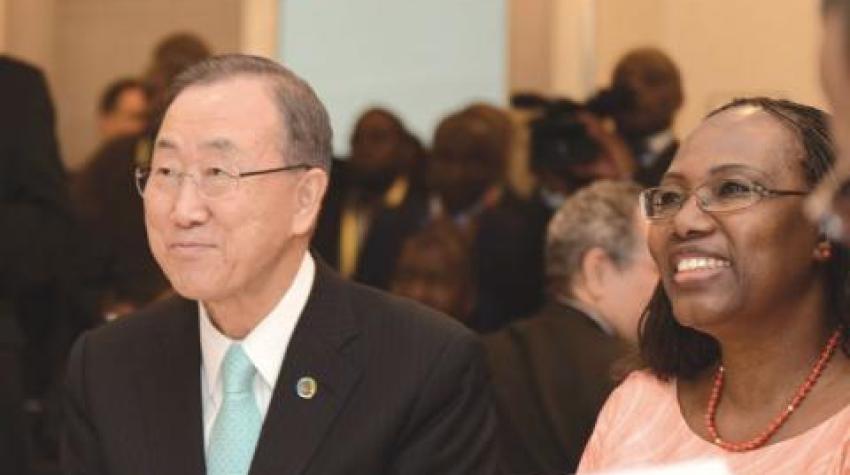
The United Nations at 70: Working as One to Deliver a Healthy Future for All
Good health cannot be achieved in a vacuum, however. If we are to truly create a healthier world, we must employ a health for all mentality and work across sectors to fully understand and respond to all social and environmental determinants of health
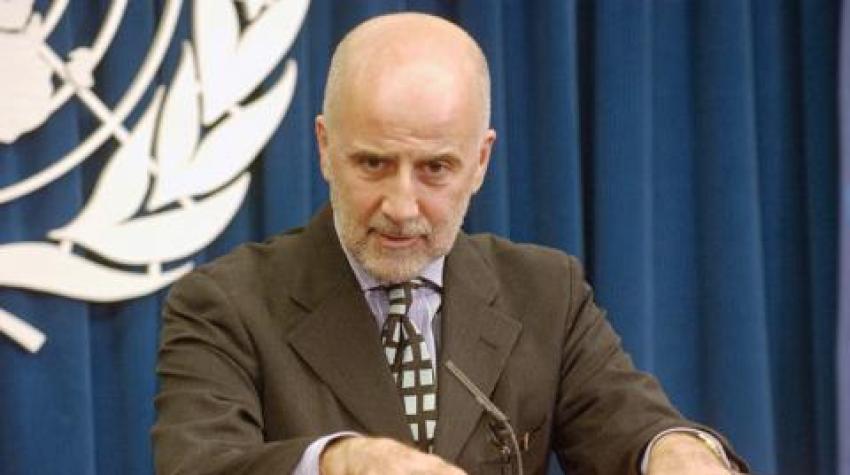
A Key United Nations Moment and its Lessons
In the spirit of the times, something of a clamour for transparency and participation is rising. That is understandable, but it reflects a misunderstanding of the nature and texture of the position and the role of the Security Council. The Secretary-General must play a crucial role as a partner of the Council if the system is to work....

Preventing the Use of Child Soldiers, Preventing Genocide
With the adoption of United Nations Security Council resolution 2171 (2014), the Security Council committed itself to better utilizing all tools of the United Nations system to ensure that warning signs of impending bloodshed translated into 'concrete preventative action' (United Nations, 2014). Such action may be illustrated in prioritizing the protection of children on the peace and security agenda, which could warn us of possible genocide.
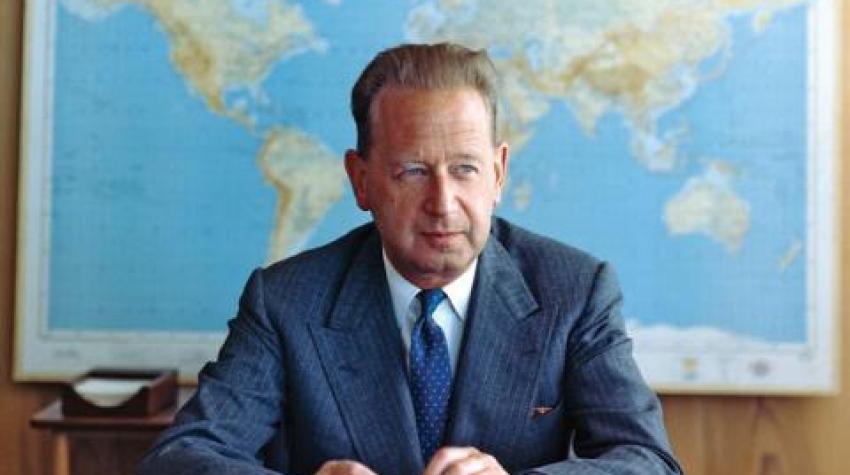
For We, The Peoples...
Dag Hammarskjöld's integrity, determination and tireless work to adapt the Organization and find solutions through constructive application of the Charter remains a source of inspiration and a guiding compass.
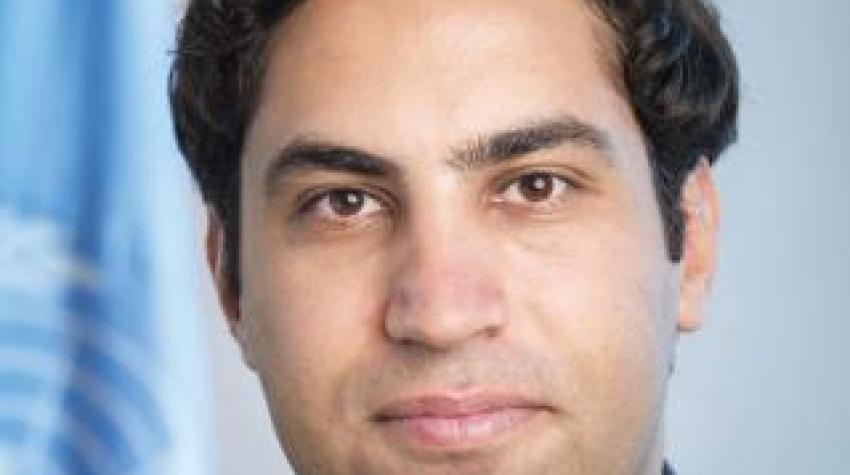
Young at 70: The Promise of the United Nations Work with and for Youth
The year 2015 is critical. We must continue to build upon the momentum to promote youth priorities and increase investment in young people worldwide.
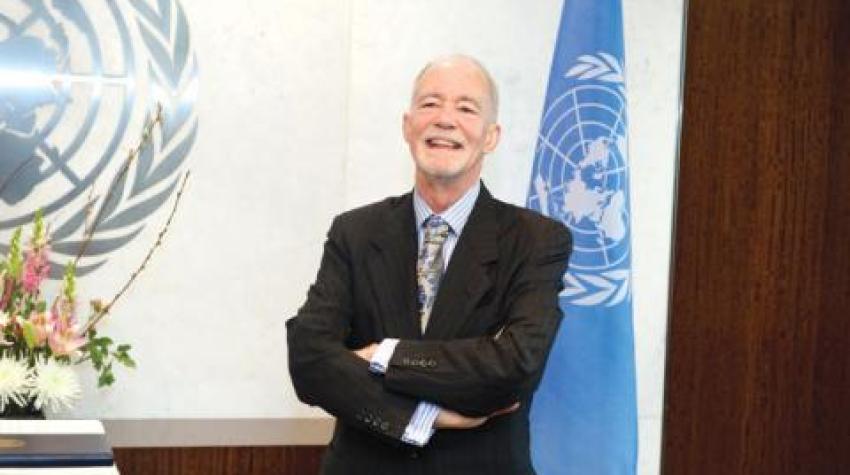
The United Nations and Its Discontents—An Academic View
While the next Secretary-General will face serious leadership challenges in nourishing the Organization and keeping it agile, the critical determinants of the future for the United Nations remain the Permanent Five, each of which may or may not be willing to face the urgent need for meaningful change.
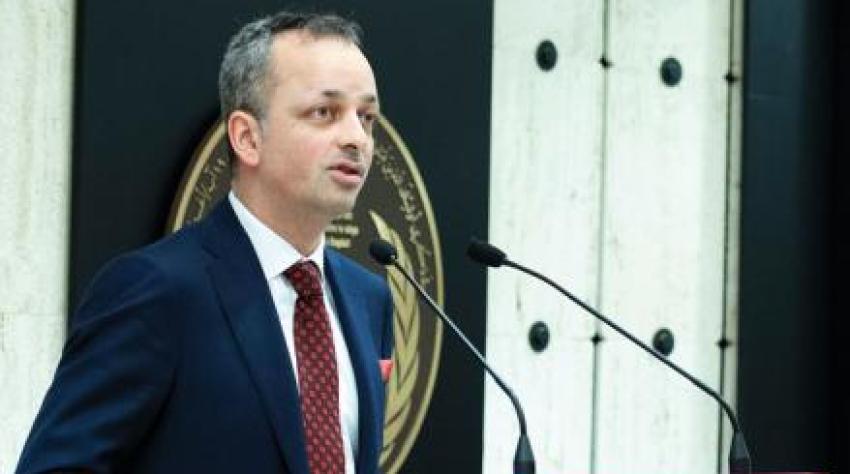
Three Simple Fixes for the Next 70 Years
In 2015, at the 70th anniversary of the birth of the United Nations, it is time to change that and to create a workplace in which talent, skill and determination can translate more easily into meaningful results. Here are some thoughts how.
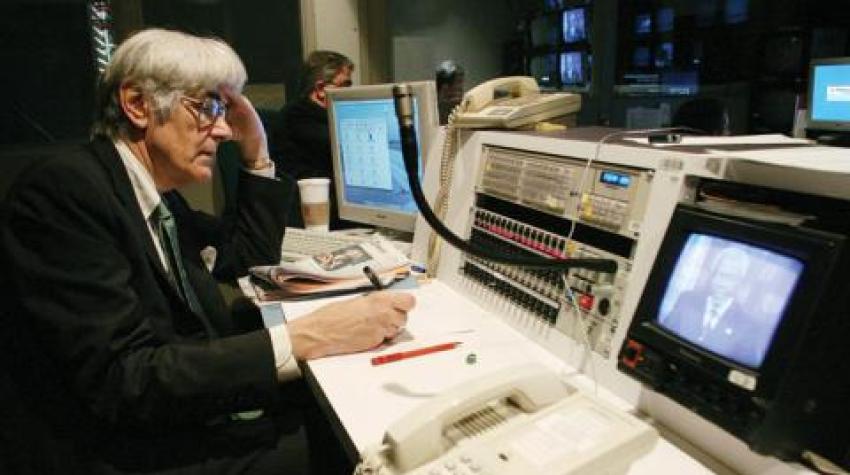
The First 70 Years of the United Nations: Achievements and Challenges
The humanitarian challenges continue to be daunting, especially with the rising number of people displaced not only by conflict, but by a complex range of factors including climate change. Yet, whatever their criticisms, few see any body other than the United Nations capable of leading and coordinating the response.

From World Health to World Heritage: 70 Years of the United Nations
The history of the United Nations tells us more than just how the Organization emerged. It shows the dynamics of the Organization and its ability to adapt swiftly to changing circumstances. It is a story of cooperation across traditional enmities, which often played out behind the scenes and through little-known individuals.

Strong UN. Better World.
I have chosen to highlight the United Nations role in women's issues because it is an area in which progress has been made, and I was privileged to play some part. The role of a female pioneer is not easy: your performance has to be much greater than that of your male counterparts, and you are painfully aware that it is not just your personal career that is at stake, but also the prospects of other women who would like to follow in your footsteps.
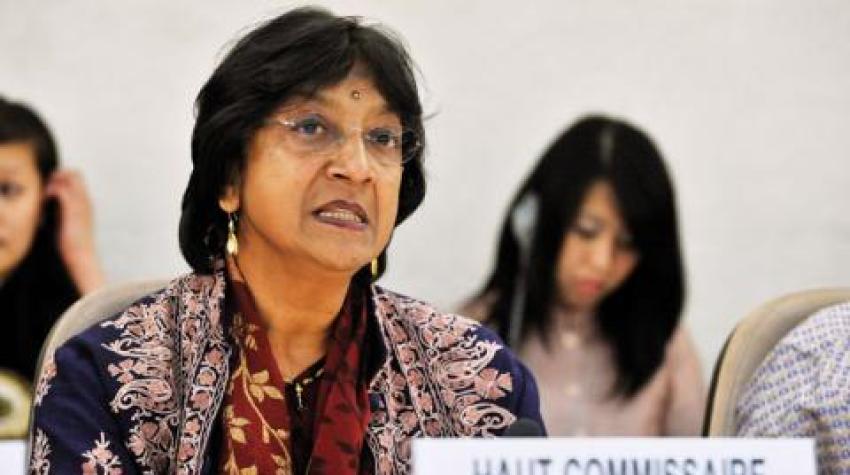
From Rhetoric to Reality
The United Nations provides us with a standard of values and norms, together with the tools to implement them. It has advanced resoundingly from a State-centred system of traditional international law, based on the pre-eminence of State sovereignty, into a norm-based institution. Its goals are clear: while respecting the freedom of sovereign States, it is also dedicated to protecting and promoting peace, security, development, rule of law and human rights for the people of the world.
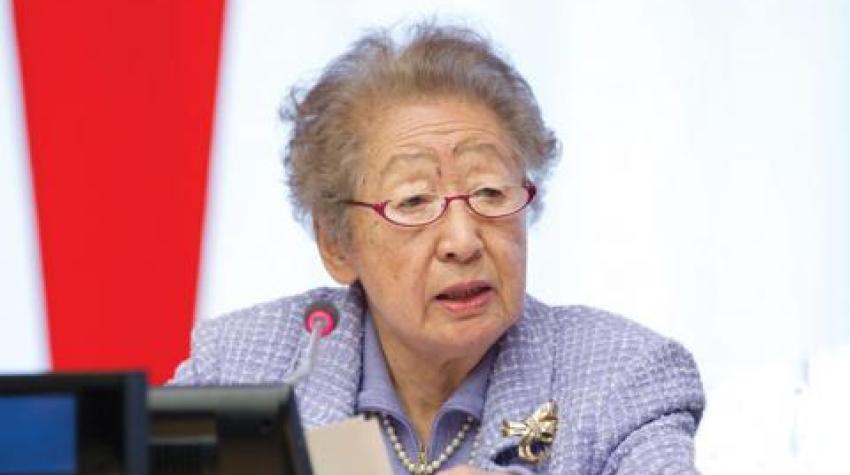
Striving for Human Security
Since the United Nations was established, significant progress has occurred. When the Charter of the United Nations was ratified, most Asian and African countries were still European colonies. The United Nations started with 51 Member States, expanding over these 70 years to 193 Member States today. The evolving threats and challenges against which the Organization is tested may have outpaced the progress. Article 1 of the Charter proclaims that the first aim of the world Organization is to maintain international peace and security. If to be secure means to be free from being killed, persecuted or abused, free from extreme poverty that brings indignity and self-contempt, and free to make choices, then still too many people today cannot afford security.
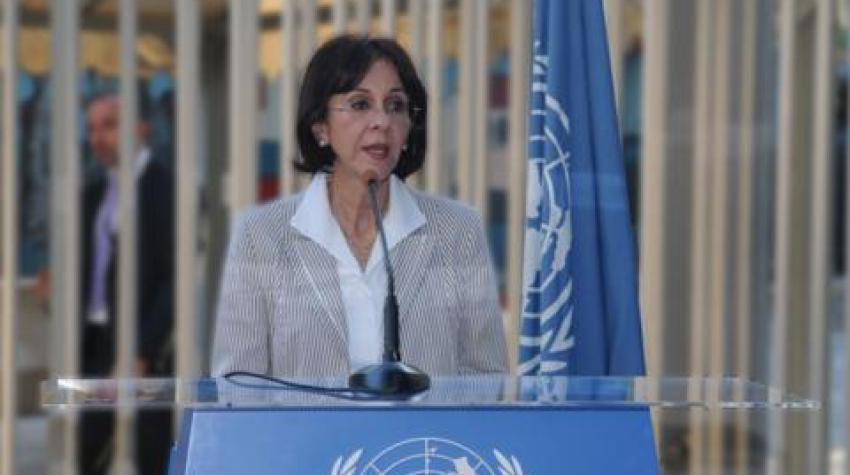
A New Agenda
The 70th anniversary of the United Nations presents an opportunity to take stock, recognizing our successes and acknowledging our shortcomings. The United Nations has indisputably made the world a better place over the past seven decades. We have succeeded in making the world recognize the wealth in its pluralism and diversity. For the first time in history, a consensus around human equality has been forged. No race or culture can claim to exclusively represent human civilization.
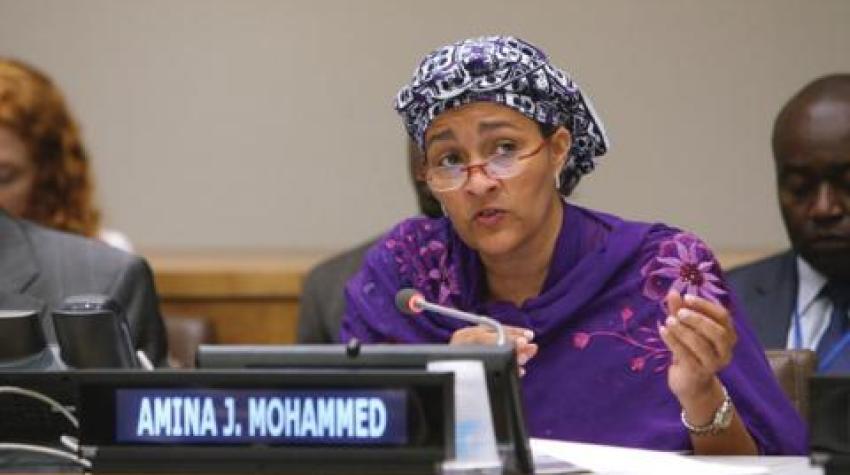
Looking Back, Moving Forward
Business-as-usual will not lead the world to a sustainable development path and will not allow us to respond to the new and emerging challenges. As the Secretary-General of the United Nations Ban Ki-moon phrased it in his Stanford address in 2013, There can be no Plan B because there is no planet B.
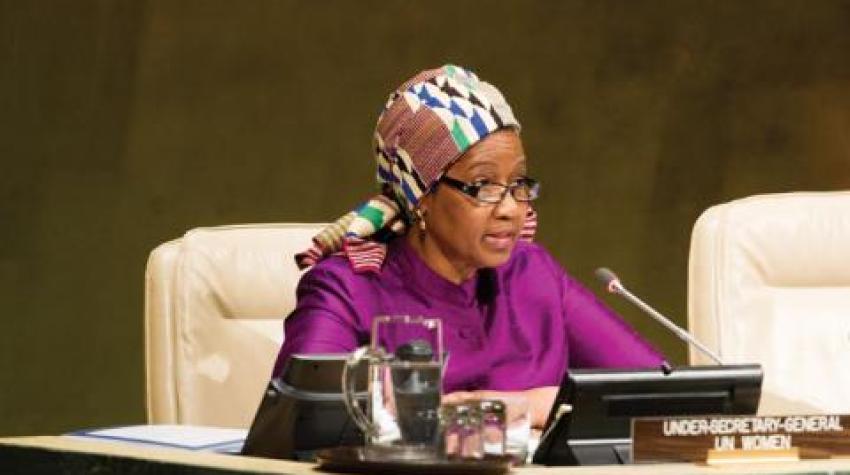
The UN at 70 and the Ongoing Quest for Gender Equality
Thanks to the determined contribution and vision of pioneering women (and men) throughout its history, gender equality and women's human rights have always been central to the three pillars of the work of the United Nations: peace and security, development, and human rights.
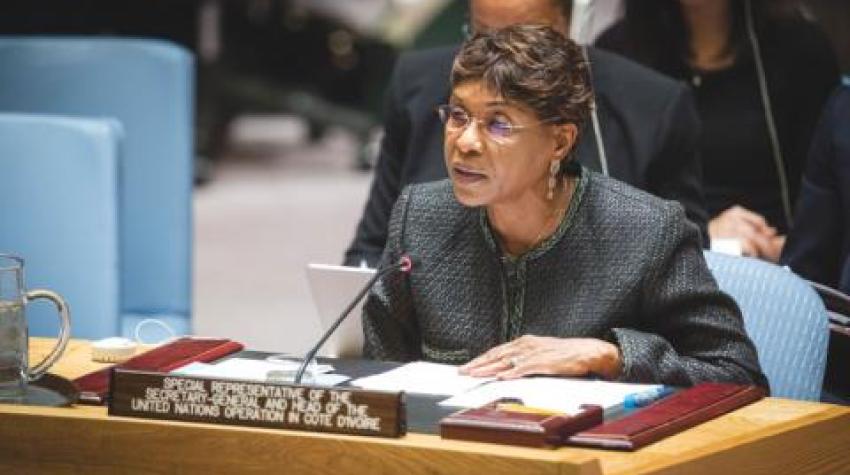
From Independence to Long-term Stability: United Nations Efforts in Africa
With the establishment of multidimensional peace operations and political missions, the United Nations has not only contributed to the gradual stabilization of the entire West Africa region, but has greatly influenced the course of regional dynamics, politics and policies.
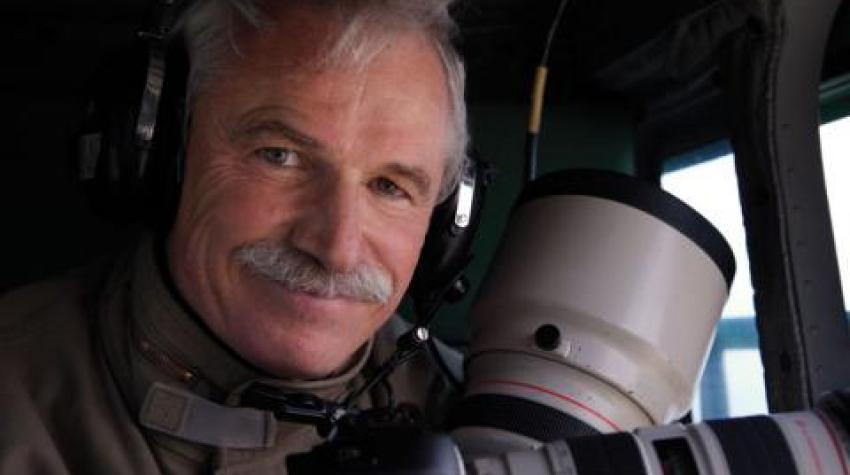
Living Together
The protection of the environment affects the preservation of the entire planet. It is also a subject closely related to provisions of the Charter, since a sustainable environment decidedly contributes to the assurance of the well-being of its inhabitants. United Nations initiatives are thus critical to finding solutions to most environmental challenges. Over the years, this question has become increasingly important in General Assembly deliberations and has been featured in its resolutions.
